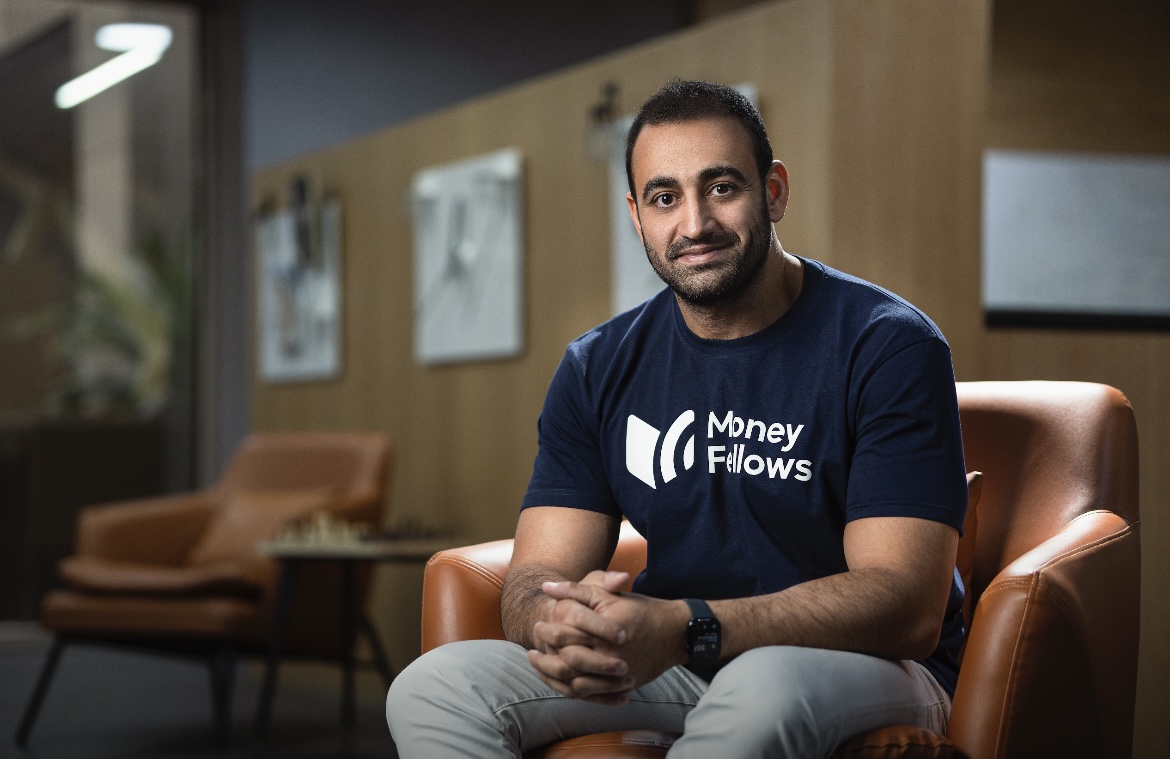Hong Kong to explore legalizing retail crypto trades in reversal of previous proposal • ZebethMedia
Hong Kong has proposed allowing retail investors to trade in cryptocurrencies and crypto exchange-traded funds and plans to conduct pilots in NFT issuance and CBDC as it looks to regain its status as a global financial hub. The city had earlier proposed limiting crypto trade to professional investors, a move that saw many crypto entrepreneurs shift base to Dubai and Singapore. Hong Kong will review property rights for tokenized assets and explore legalizing smart contracts “to provide a solid legal foundation for their development,” it said. It is also planning to put in place “appropriate regulations” on aspects such as “governance, stabilization and redemption mechanism” of stablecoin. The proposal comes at a time when China has ramped up its efforts to crackdown on crypto transactions and Singapore is exploring a series of stringent guidelines surrounding virtual digital assets. “We want to make our policy stance clear to the global market, to demonstrate our determination to explore fintech with the global virtual asset community,” said Hong Kong Financial Secretary Paul Chan. In the initial stage, Hong Kong expects the underlying assets to be “confined to bitcoin futures and ether futures on the Chicago Mercantile Exchange,” he added. Hong Kong also detailing the approach it wishes to undertake in a policy statement. It said the Securities and Futures Commission will conduct a public consultation on how retail investors may be given a “suitable degree” to access to virtual asset under the new licensing regime. “We recognise VA [virtual asset] is here to stay, given how it has attracted attention of global investors and is increasingly viewed as a conduit for financial innovations, not to mention the future opportunities that will be opened up as VA moves into the areas of Web 3.0 and the Metaverse,” the Financial Services and the Treasury Bureau said in a statement. “The Government, in conjunction with the financial regulators, are working towards providing a facilitating environment for promoting sustainable and responsible development of the VA sector in Hong Kong.” Sam Bankman-Fried, the chief executive of crypto exchange FTX and a high-profile backer in the industry, called Hong Kong’s steps today “really promising,” but added that if only the region had taken this stand last year, referring to aggressive exodus that Hong Kong’s previous proposal caused. “I deeply appreciate when policymakers engage constructively and optimistically with the people who matter the most for an industry’s direction: the customers,” he said in a tweet. In its statement Monday, Hong Kong said it will pilot projects to test the technological benefits of virtual assets and their applications in the financial markets. These pilot projects include issuance of NFTs, tokenization of green bonds, and “possible launch of retail Central Bank Digital Currency, the eHKD.” Hong Kong, Singapore and Dubai have attracted crypto entrepreneurs, investors and tech employees from around the globe in the past half decade with their friendly views on cryptocurrency. But in recent quarters, they have wrestled with just how open do they want to remain. Last week, Singapore proposed new guidelines that may soon require retail investors to take a test and not use credit card payments and other forms of borrowing for trading cryptocurrencies. The Monetary Authority of Singapore said in a set of consultation papers that it’s worried that many retail customers may “not have sufficient knowledge of the risks of trading” digital payment tokens, which may lead them “to take on higher risks than they would otherwise have been willing, or are able, to bear.”









